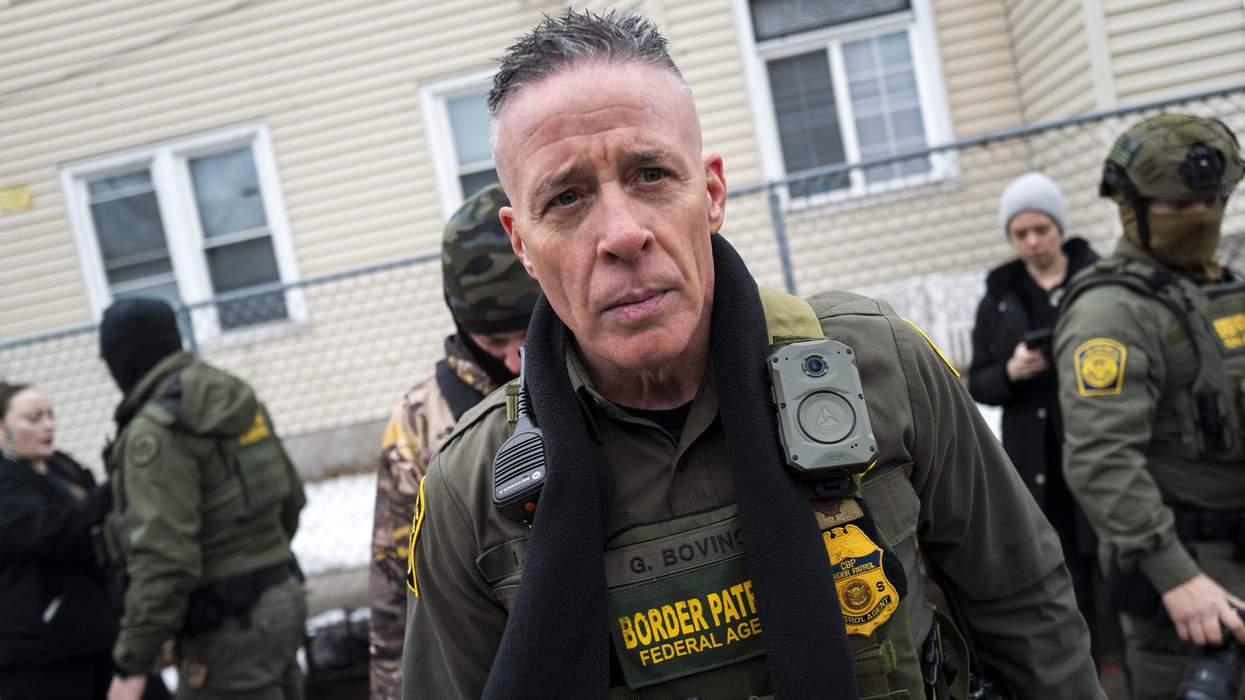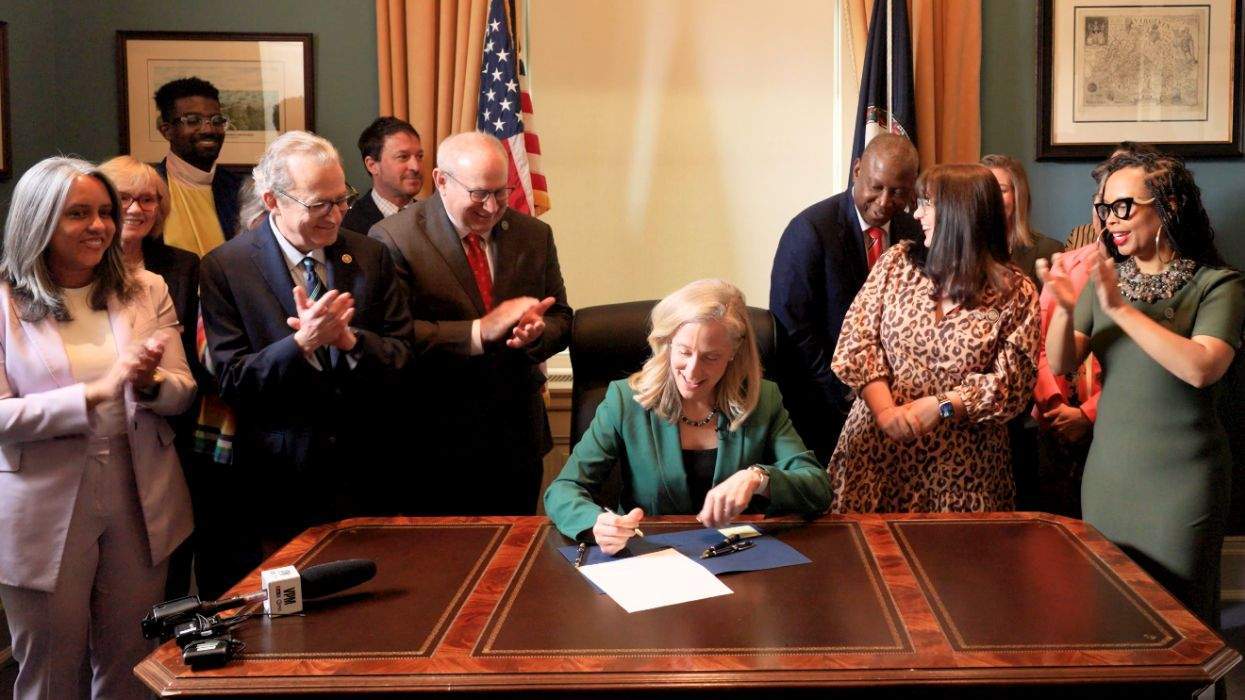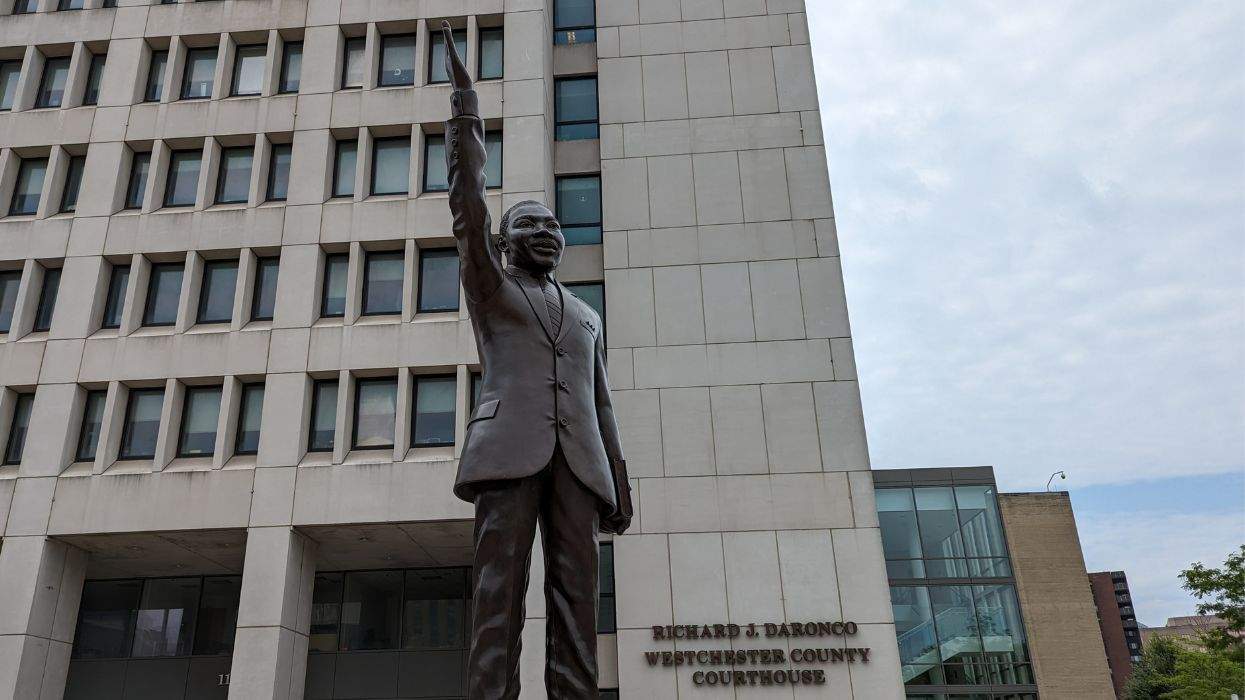As the powerful hand of religion loses its influence over politics, culture, and the economy in the West and the East (emphasized by the anti-homophobia ruling from India's highest court), religious people pining for the "days of yore" are wont to look at the so-called Global South with wistfulness, envying our position as the last stand of "righteousness" across the world.
Many conservative Christians, especially, look to Africa with its increasing number of churches, frenzied open-air crusades and religion-driven policy making, and breathe a sigh of relief that their faith still matters somewhere.
I am happy to report to them, though, that their relief is misguided.
It is true that our societies are still thoroughly guided by religious sentiment. It is true millions across my continent are still flocking to churches, temples, and mosques, finding solace, comfort, and direction primarily from their faith. But something has definitely changed.
In Nigeria, over the past year, the debate has especially raged against that most powerful of Christian expressions today -- Pentecostalism. A slew of voices, led by an influential radio presenter, have stood up fearlessly to question the most influential pastors -- questioning their dubious interpretations of scripture around tithing, and leading to a revolution of knowledge and practice across the country.
Other voices like mine have been very firm in pushing the boundaries of conversation around what our faiths impel us to do as regards reshaping capitalism, expanding sexuality, deconstructing gender, and separating church and state. My speech on the subject lasr December led to loud public and private denunciations by many influential pastors.
This is a revolution, and enough people have whispered in op-eds and on social media that it is a second Reformation; this time right in the belly of Africa where the fires of uncritical religion continue to rage, consuming hearts and minds.
This conversation is very important for those like me who take our faith very seriously, who find comfort and cohesion in its rituals and symbols, who love to belong in a community that holds living sacred and believes in the beyond-now, but who refuse to accept that this means denying scientific reality, ignoring evolution, demonizing lifesaving technology, and denying millions of their freedoms and rights simply because we think "God said so."
I am a Pentecostal Christian, tongue-speaking, Bible-holding, church-loving. I am also pro-science, pro-choice, and pro-LGBT rights. My faith doesn't stand opposed to common sense and the rigor of careful thought. My faith doesn't give me the license to fight against the humanity of others who believe differently from me, and I reserve the right to question anything that doesn't make sense, even if it comes from the pulpit.
The great news? There are many, many more like me across our continent asking the questions that matter, finding the answers that resonate with our spirits, and accessing divinity directly for ourselves outside the stifling walls of traditions and self-serving institutions.
What's even better? The stronger, firmer, and louder our voices get, the more we empower others to find truth for themselves and to refuse to be held down by fear.
We don't know where all of this will lead. But as we celebrate the beginning of the sixth century after the Protestant Reformation this month, we are reminded of that powerful example of what happens when a critical mass of people choose freedom over fear and vibrant faith over mindless dogma.
CHUDE JIDEONWO is a storyteller, using the research on human flourishing to inspire new narratives about faith, identity, and society in Africa. He was a 2017 World Fellow at Yale University and has written for The Guardian, HuffPost, Quartz, and CNN.com. He runs the daily newsletter Retail Christianity.















